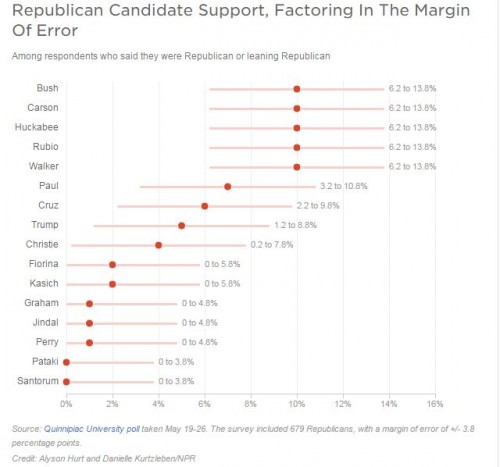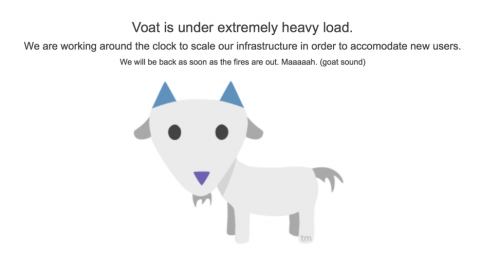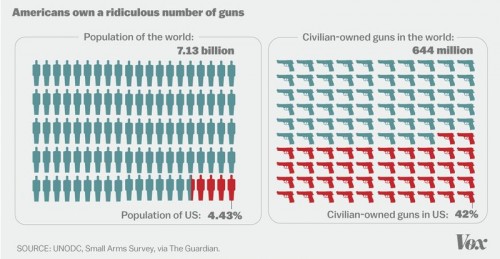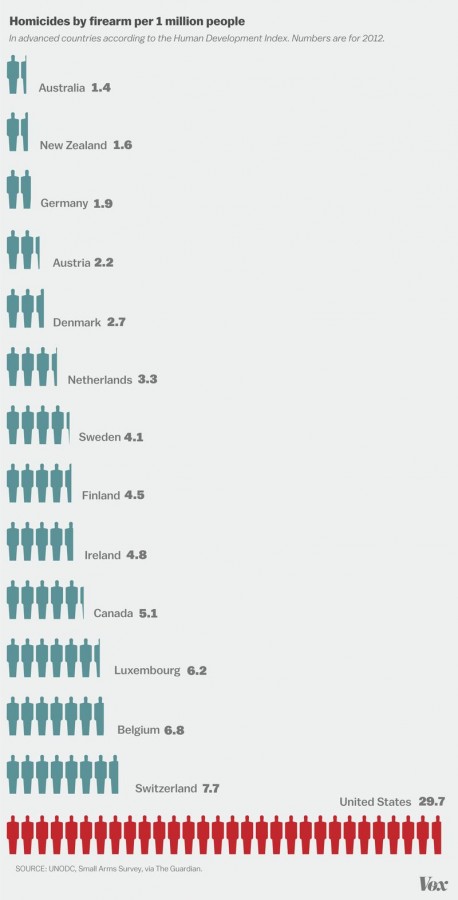Is there really a clean-cut difference between work and sex work? Is sex work really or always sexual? Are all the other jobs asexual? Where do we draw the line? Can we draw a line? Should we?
These were some of the questions that we discussed in my power and sexuality class this past semester and, like magic, an article appeared asking whether “bikini-clad baristas” at sexy-themed coffee shops are sex workers. Well, are they?
These coffee shops require women to wear bikinis or lingerie. At The Atlantic, Leah Sottile writes that “bikini” is an overstatement. On that day, a Wednesday, the employee slinging coffee wears lacy underwear. It’s their slow day, she explains, because on Tuesdays and Thursdays she wears only a thong and pasties.
“It’s like a really friendly drive-through peep show,” writes Sottile.
School administrators have re-routed buses.
—————
There are some interesting players in this debate, people who sociologists would call stakeholders.
Mike Fagan is one. He’s a politician and some would say that he’s responsible for making sure that city rules match the values of his constituents. He’s pro-regulation, explaining:
In my mind we’re talking adult entertainment. We don’t want to shut down the stands. We want to say, “Look, you either put the bikinis back on, or you move your business to an appropriately zoned area.”
Business owners — at least the ones that own sexy coffee shops — are generally anti-regulation. They’re not interested in relocating their businesses to an “appropriately zoned area,” the sad, skeezy corners of the city where we find strip clubs. One explains that she’s “just selling coffee” and if her girls want to wear a bikini when they do, who’s to say they shouldn’t?
Sex worker advocates are also involved. Savannah Sly, a representative of the Seattle Sex Workers Outreach Project, argues that bikini baristas are sex workers:
…because their work involves using sexual appeal… Because they may be stigmatized or their place of employment scrutinized due to the erotic nature of the work, I deem it worthy of the label of sex work.
Right or wrong, this is a convenient conclusion for Sly. If more workers are classified as sex workers, than sex workers become more powerful as a group, enabling them to better advocate for better working conditions, more protection, and rights.
The bikini baristas themselves surely have a variety of opinions. The one interviewed by Sottile points out that models often wear as little or less clothing, but no one’s debating whether they’re sex workers.
It’s a fair point. And it gets back to our question — and the question for the cities of Spokane, WA; Clovis, CA; Forest Grove, OR; Aurora, CO and more — where do you draw the line between sex work and not sex work?
Honestly, I don’t think it’s possible.
Sex is a part of lots of jobs. It’s not a binary, it’s a spectrum. Sex is a part of modeling, dancing, and acting. The bartender, the waitress, and the hostess all sometimes deploy their sex appeal. How much does sex play into how lawyers are viewed in courtrooms or personal trainers are evaluated? Is sex a part of pro sports? The therapist’s relationship with their client? Selling pharmaceuticals to physicians? Heck, even college professors are evaluated with chili peppers.
Maybe the difference is the contact or the penetration? But there are other jobs that centrally involve bodies and some involve kinds of penetration. What about the dentist climbing in your mouth? The phlebotomist drawing your blood? The surgeon opening up your chest? All these things are invasive and risky, but we manage them.
If not the penetration, maybe it’s the stigma? But there are other jobs that are stigmatized, too: undertakers, sewage plant employees, slaughterhouse workers, abortion providers, politicians (only sort of kidding), and many more.
The truth is that the things involved with sex work — emotional vulnerability, intimacy, emotional manipulation, physical contact, health risks, and moral opprobrium — all characterize at least some other jobs, too. So, the only thing that separates work from sex work is sex.
And, this might sound weird but, I don’t really think that sex is a thing that lines can be drawn around.
Is penile-vaginal intercourse sex? Is oral sex? Is manual stimulation of the genitals? Is making out? Is kissing? Is thinking about kissing? Would you offer different answers if I asked if those things were sexual? Would you answer differently if the question wasn’t about what counted as sex, but what counted as abstinence?
Is the penis a sexual body part? The clitoris? The anus? Breasts? The inner thigh? The back of one’s knee? The back of one’s neck? How do you decide? Who gets to?
So when is work sex work? I can’t conceive of an answer that would satisfy me.
So, what should be done about bikini baristas? A strong minimum wage. Unions. Protection from harassment. Sick days. A nice vacation. Penalties for wage theft. Predictable schedules. A nice benefits package. I want all those things for bikini baristas. I want them for all the other “sex workers,” too. I want those things for all workers because the important word in the phrase “sex work” isn’t sex, it’s work.
Cross-posted at Pacific Standard.
Lisa Wade, PhD is an Associate Professor at Tulane University. She is the author of American Hookup, a book about college sexual culture; a textbook about gender; and a forthcoming introductory text: Terrible Magnificent Sociology. You can follow her on Twitter and Instagram.








